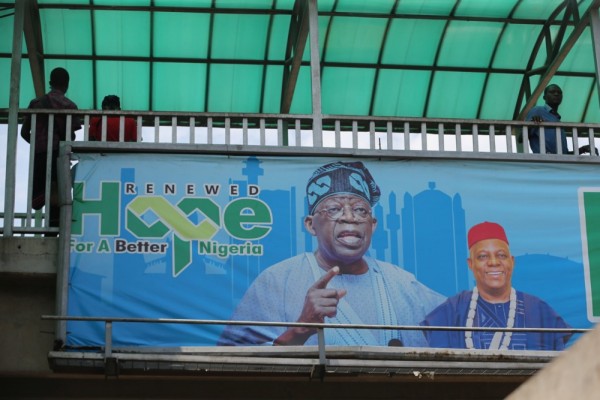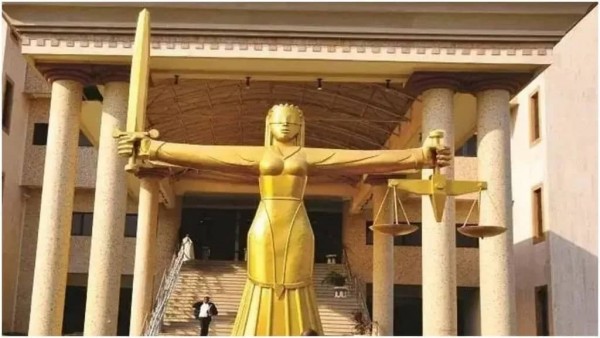Over the past few months, Nigeria has seen numerous attacks on journalists and press freedom — including newly proposed broadcasting regulations, assaults on newspaper and broadcast vehicles and the targeting of journalists — and observers have expressed concern about what appears to be a dangerous trend in a country where the press has played an important role in its recent history.
In mid-June, Nigeria’s broadcasting regulator announced new policies that would require television stations to provide written warnings 48 hours in advance before changing their broadcasting schedule.
The Nigerian Press Organisation called the new regulations an attempt to control opposition to Nigeria’s president, Goodluck Jonathan, and his government, which has been receiving negative feedback due to his handling of the mass kidnappings of 200 schoolgirls by the Islamist militant group Boko Haram.
On May 12, the Nasarawa State Command of the Nigeria Police charged Hir Joseph, a state correspondent of the Daily Trust newspaper with publishing “injurious falsehoods” for his coverage of the mass kidnappings, the Media Rights Agenda reported.
Joseph was arrested on May 9 and detained for nine hours. He was later released on bail and finally charged May 12.
The International Press Institute (IPI) talked to IPI Executive Board Member Kabiru Yusuf, chairman of the Media Trust Ltd. in Nigeria, to determine the extent to which recent attacks are an expression of a trend toward a lesser degree of press freedom in the country.
“There are lapses,” Yusuf told IPI. “On the part of the press, mainly sensationalism, on the part of the ruling authorities, a fall back on authoritarian habits of the past.”
In spite of these developments, “the press is generally free in Nigeria,” Yusuf added, explaining: “The media industry has its roots in the struggle for independence from British rule, which began in the 1940’s and 1950’s. Prolonged military rule from the 1960’s to the 1990’s made the press more combative and determined not to cave in to brute force. So gradually the Nigerian press has acquired the muscle to defend itself and protect freedom of expression. Most newspapers are privately owned and the leading ones have become substantial businesses that can withstand temporary political or economic shock.”
Joseph is not the only journalist who has been targeted recently. Earlier this year, on Jan. 13, photojournalist Callistus Ewelike was shot in front of his house. He had just returned from covering a story on President Jonathan for the News Agency of Nigeria and was immediately taken to the hospital after the attack, in time for his life to be saved.
This was the second time that he had been attacked by gunmen. Late last year, gunmen broke into his home and stole a camera, laptop and other personal items.
In a separate incident on May 24, armed men with machetes, guns and clubs attacked a crew from the African Independent Television in Ikere Ekiti.
The attackers smashed vehicles and stole cameras and other equipment, as well as personal belongings of a crew that was covering the campaign of Labour Party candidate Michael Opeyemi Bamidele.
Armed soldiers also attacked newspaper distribution vans of Leadership and The Nation on June 6 in Abuja.
The attack occurred three days after Leadership published an article that 10 army generals and five senior officers had been charged and found guilty of assisting Boko Haram.
From June 6-9, newspaper vans from Daily Trust and The Punch were also targeted in similar attacks.
While these attacks are reason for concern, Yusuf said that “on the whole there is a growing realization that each side needs the other and the public is best served by the uneasy truce between them.” He continued: “During periods of public stress, such as we are now having with the Presidential elections half a year away, press partisanship and governmental pressure tend to dramatically increase. But hopefully this volatile situation is temporary and the press will continue to play a positive role in building democracy.”


